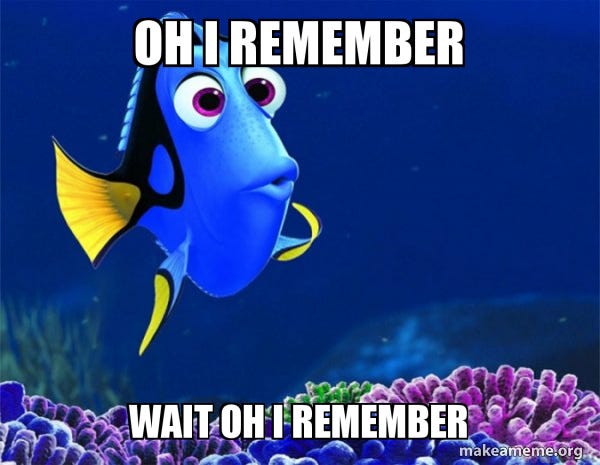Welcome, aspiring polyglot! Something many people miss when they embark on their second language acquisition process is that, often, you do not have to start at zero. With how easy it is to travel around the world and hear foreign languages nowadays it is all but certain that you know more words in your target language than you think.
More importantly, if you have studied the language before and are returning, even if it's been years, you are in a position that will facilitate your language learning experience. What matters most when thinking about language learning strategies is ensuring they are conducive to your success. That means ensuring you are capitalizing on the knowledge you already have, even if it is dormant.
Figuring out your language learning base
The first step in unlocking your base of knowledge is realizing just how many words from other languages are already part of your existing vocabulary. When you learn that "encore" means "again" in French, you can start to think about how you would use it when speaking French…
Keep reading with a 7-day free trial
Subscribe to Second Language Strategies to keep reading this post and get 7 days of free access to the full post archives.




